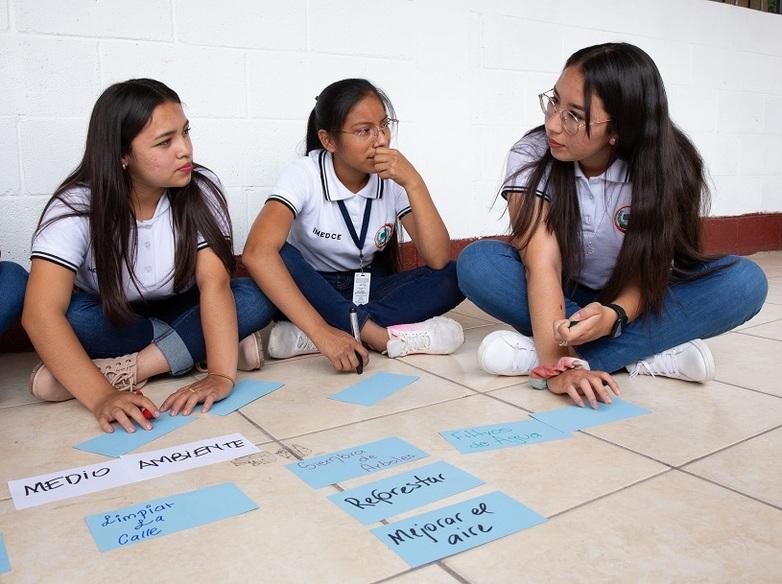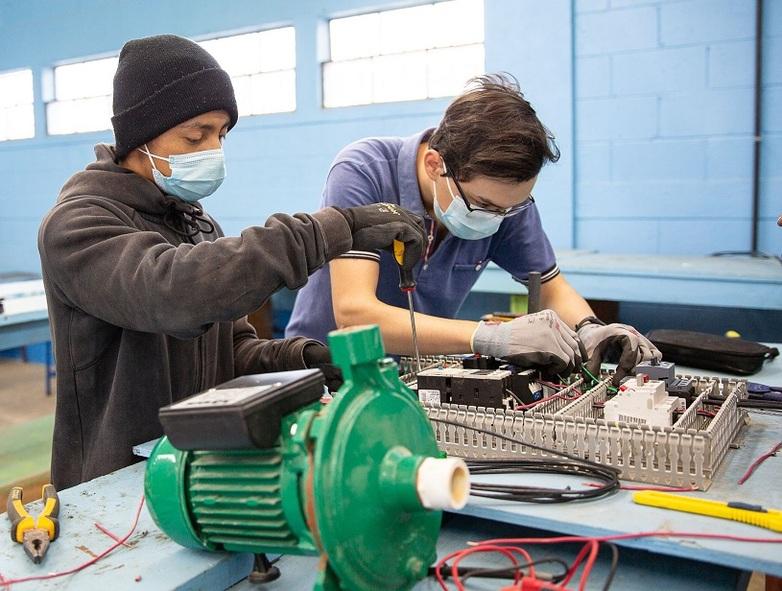Context
Guatemalan school students do not learn much about democracy and human rights at the lower and upper secondary level. Moreover, their lessons do not prepare them sufficiently for the world of work. Only a quarter of all young people complete their formal education. Indigenous young people in rural areas are particularly disadvantaged in this regard. This leads to young people lacking prospects, and it contributes to migration.
Secondary school teachers are often insufficiently trained. To teach at lower secondary level, it suffices to have studied at university for three years, even if you do not graduate. Upper secondary school teachers often lack the technical knowledge to offer their students a good standard of vocational training.
The Guatemalan Ministry for Education wants to modernise secondary education and adapt it to reflect the needs of the labour market, but it requires additional expertise to achieve this.
Objective
School students learn more skills which are important for the world of work and for active civic participation.

